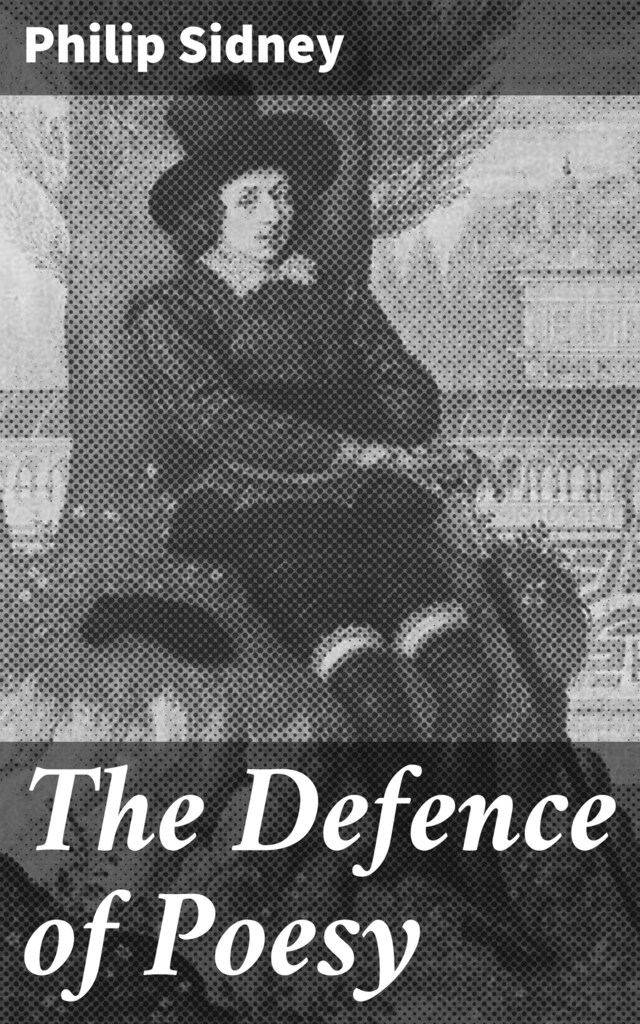
The Defence of Poesy
Exploring the Renaissance Power of Poetry in English Literature
Description of book
In "The Defence of Poesy," Philip Sidney ardently articulates his profound belief in the value of poetry as a crucial form of creative expression. Written as a response to the criticisms of poetry prevalent in the late 16th century, this treatise engages with issues of morality, aesthetics, and the nature of art, employing a rich tapestry of rhetorical skill and philosophical discourse. Sidney deftly intertwines classical references with personal anecdotes, establishing a poignant argument for the transformative power of poetic imagination. His eloquent prose not only elucidates the role of the poet in society but elevates poetry to a noble pursuit aimed at both moral edification and emotional enrichment. Philip Sidney, an influential Elizabethan poet and courtier, seamlessly blends his literary endeavors with his deep-seated experiences in court politics and humanist scholarship. His own poetic practices shape his thoughts in "The Defence of Poesy," as he defends poetry against its detractors and seeks to reclaim its place in a society increasingly skeptical of art. Sidney's commitment to the pursuit of truth and beauty reflects his broader concerns with moral virtue and human dignity in a rapidly changing cultural landscape. I highly recommend "The Defence of Poesy" to both scholars and casual readers alike, as it not only serves as a powerful manifesto for the art of poetry but also provides an insightful glimpse into the Renaissance humanist thought. Sidney's arguments resonate with contemporary debates about the relevance and significance of literature, making this work a timeless piece that invites reflection and inspires a renewed appreciation for the poetic craft.
 Philip Sidney
Philip Sidney 67 Pages
67 Pages